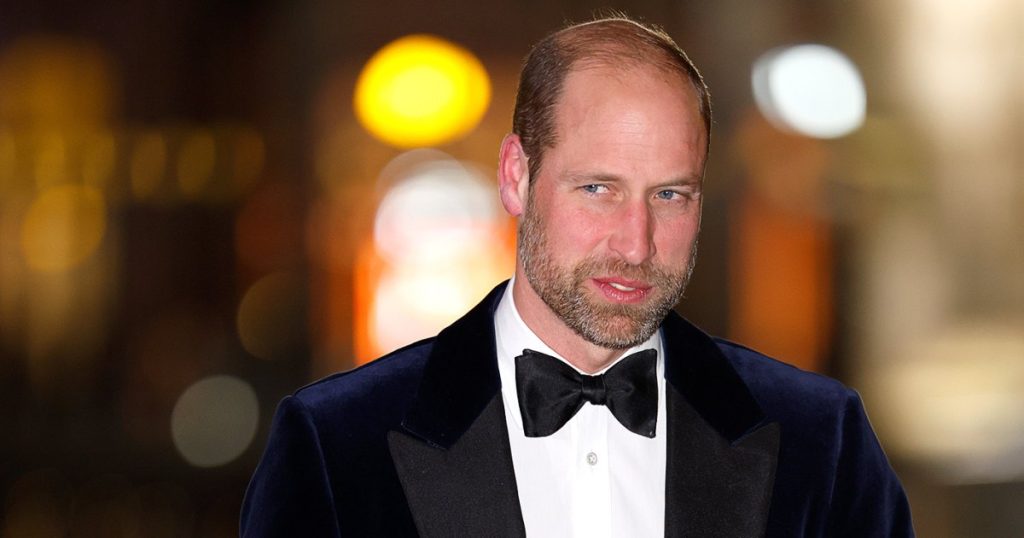The New Year’s Day tragedy in New Orleans reverberated across the Atlantic, reaching the British Royal Family with the devastating news of Ed Pettifer’s death. Pettifer, the stepson of Tiggy Legge-Bourke, the beloved former nanny of Princes William and Harry, was among the victims of a horrific attack on Bourbon Street. A 42-year-old Texan man drove a rented truck into a crowd, killing 14 people, including Pettifer, and injuring many more. The driver was subsequently shot and killed in a shootout with police.
Prince William, along with his wife, Catherine, Princess of Wales, expressed their profound sorrow upon learning of Pettifer’s untimely demise. They released a statement conveying their shock and sadness, extending their thoughts and prayers to the Pettifer family and all those affected by the senseless act of violence. William’s personal touch, signing the message with a simple “W,” underscored the genuine nature of his condolences. The tragic incident served as a grim reminder of the fragility of life and the indiscriminate nature of such attacks.
The Pettifer family, grappling with the immense loss, released a statement describing Ed as a wonderful son, brother, grandson, nephew, and friend. They expressed their profound grief and requested privacy to mourn their beloved Ed. Their statement also acknowledged the shared suffering of other families who lost loved ones in the attack, fostering a sense of collective mourning amidst the tragedy. The family’s request for privacy served as a poignant reminder of the deeply personal nature of grief and the need for space and time to heal.
Tiggy Legge-Bourke, Pettifer’s stepmother, held a special place in the lives of Princes William and Harry during their childhood. She served as their nanny, providing care and companionship during formative years. Prince Harry, in his revealing memoir “Spare,” fondly remembered Legge-Bourke, highlighting her resistance to the formal title of “nanny,” preferring to be considered a friend. He also touched upon the perceived rivalry between his mother, Princess Diana, and Legge-Bourke, suggesting that Diana viewed her as a potential replacement. This glimpse into their childhood offered a personal dimension to the tragedy, linking the royal family to the victims through a shared connection.
The title of Harry’s memoir, “Spare,” carries significant weight within the context of the royal family dynamics. It refers to the traditional designation of the second-born royal as the “spare heir,” secondary to the first-born, the heir apparent. In this instance, Harry was the “spare” to his older brother, William, the heir to the British throne. This designation, while seemingly innocuous, carries with it a complex web of expectations and pressures, often leading to feelings of being secondary or less important. Harry’s memoir delves into the psychological impact of this label, offering a unique perspective on the complexities of royal life.
The attack in New Orleans tragically claimed the life of Ed Pettifer, a young man with connections to the British Royal Family. The incident prompted an outpouring of grief and condolences, highlighting the shared human experience of loss and the importance of compassion in the face of tragedy. The ripple effects of this senseless act of violence extended far beyond the immediate victims, touching the lives of those who knew and loved them, including members of the British Royal Family. The tragic loss underscored the interconnectedness of human lives and the universal impact of such events.

